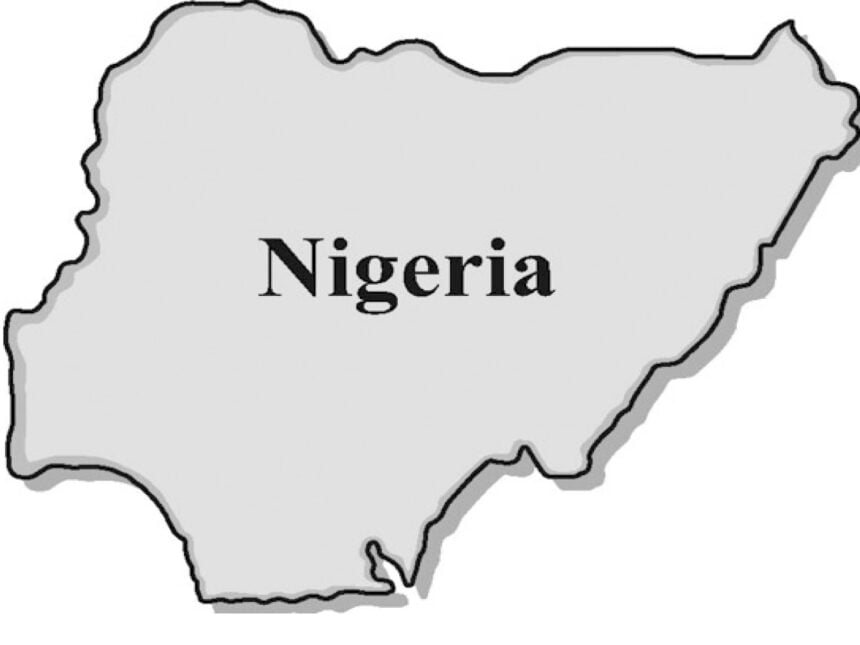By Eze Nwauba
THE forthcoming 2027 general election in Nigeria has precipitated a sense of trepidation and anticipation, akin to a pregnant woman’s anxious expectation of her forthcoming child. After multiple cesarean deliveries of female children, she yearns for a paradigm shift—a male child to usher in a new era of hope and promise. Similarly, Nigerians are fervently hoping for a novel leadership trajectory, fearing that a continuation of the status quo will culminate in catastrophic consequences. Discussions and debates permeate every facet of Nigerian society, with some positing that the incumbent president has set in motion mechanisms to ensure his perpetuation in office, while others vociferously oppose this notion, warning of devastating repercussions should he succeed. Economic and political analysts have issued dire prognostications, cautioning that the president’s reelection could precipitate economic collapse, civil unrest, and instability.
Secondly, the fear of the unknown has gripped the nation, with many Nigerians wondering what the future holds. The uncertainty surrounding the election’s outcome has created an atmosphere of anxiety, with some citizens expressing concerns about the potential consequences of the president’s reelection. Furthermore, the notion that a new leadership could bring about transformation and growth has sparked hope among many Nigerians. Moreover, irrespective of the election’s outcome, Nigerians must proactively prepare for economic sustainability and navigate the uncertain future. The salient question remains: what if the new leadership fails to deliver on its promises? It is imperative for citizens to focus on personal economic transformation, skill development, and entrepreneurship to ensure resilience and adaptability in the face of an unpredictable economic landscape. Consequently, by acquiring new skills, developing entrepreneurship, and investing in technical education, agriculture, and small businesses, Nigerians can forge a stronger, more sustainable future. Agriculture presents a promising avenue for economic growth and development, with Nigeria’s fertile land and favorable climate making it an ideal location for farming and agribusiness. Technical education can equip citizens with the skills needed to drive innovation and economic growth, while small businesses can create jobs and stimulate economic development. By leveraging these opportunities, Nigerians can build a more resilient economy and reduce their dependence on the government.
In conclusion, Nigeria’s future is uncertain, but one thing is clear: the country’s citizens must be prepared to navigate the challenges that lie ahead. By focusing on economic empowerment, personal development, and community building, Nigerians can create a brighter future for themselves and their country. Ultimately, the key to a sustainable future lies in the development of a more prosperous and resilient nation. God bless the Federal Republic of Nigeria.
•Professor Nwauba is Registrar, Institute of Arts Management and Professional Studies, writes in from Owerri, Imo State.
READ ALSO: We should be talking about Nigeria’s future — Ojo






